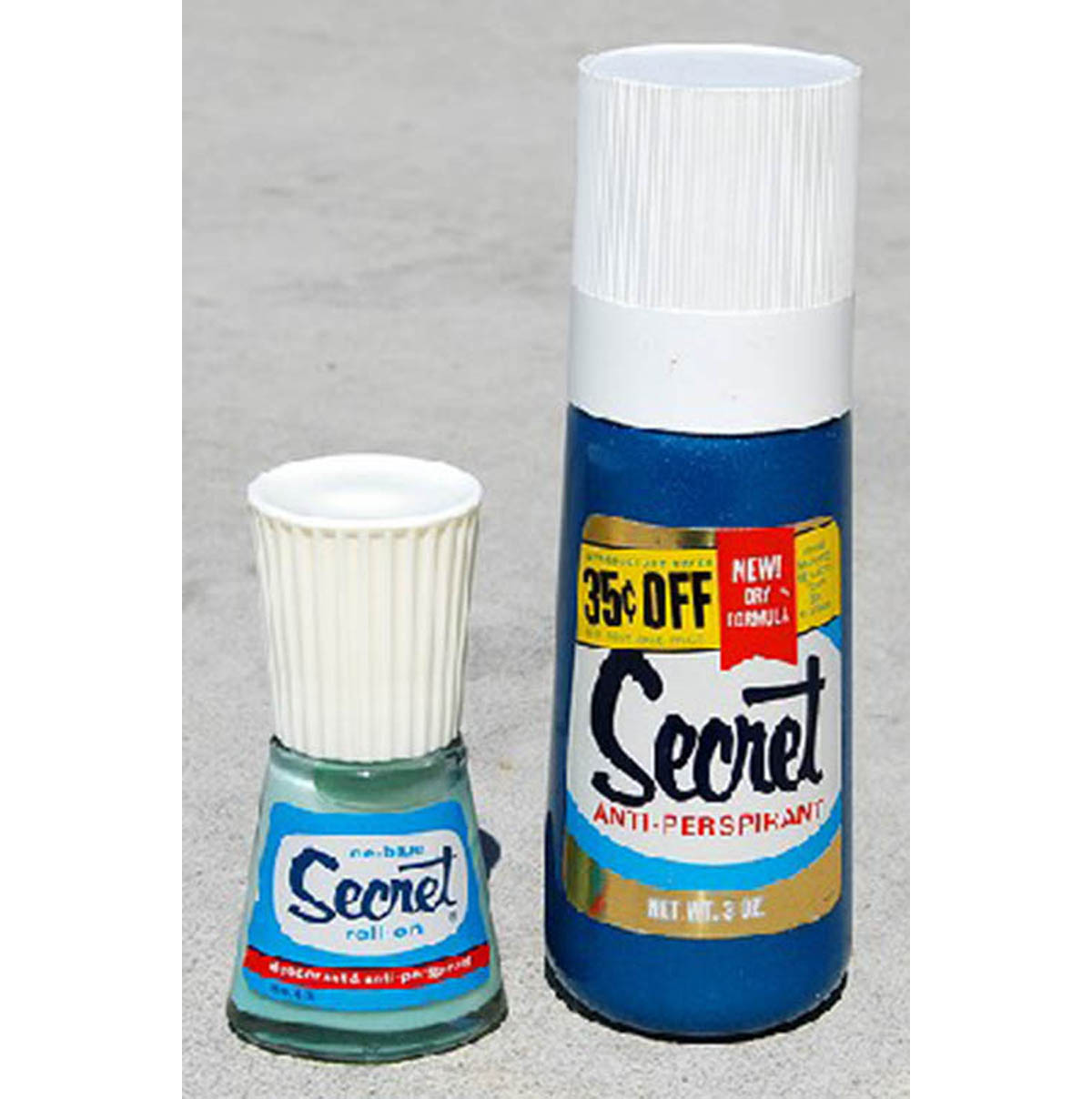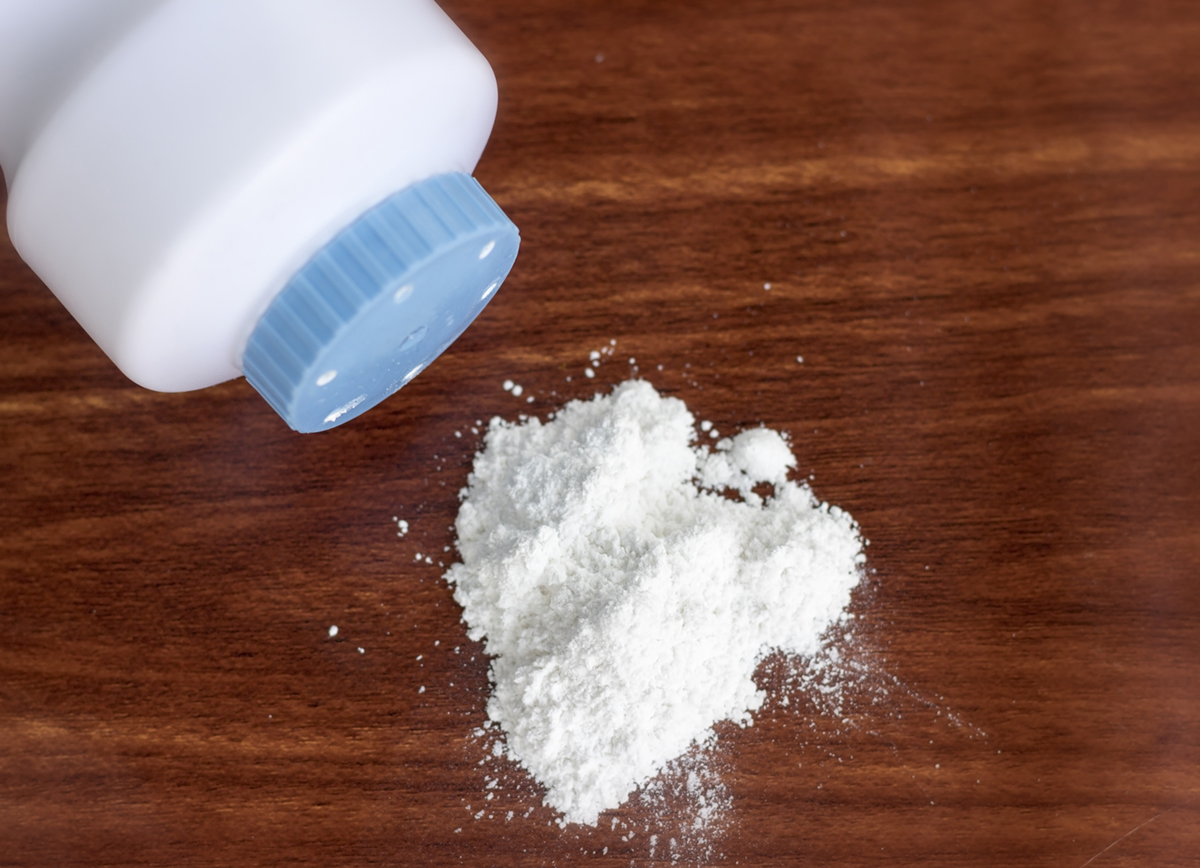The Often-Repeated Claim that Deodorants Cause Alzheimer's May Be True
Why most deodorants and antiperspirants contain aluminum. There is absolutely no doubt that aluminum chlorhydrate (mistakenly identified as aluminum chloride in a recent widely quoted Internet article) is used in the overwhelming majority of antiperspirants. The reason for this is that this aluminum compound is highly hygroscopic, soaking up water from sweat. Unlike the aluminum chloride with which some commentators confuse it, aluminum chlorhydrate is safe for application on the skin.

Aluminum chlorhydrate is not just used in antiperspirants. It is also used as a flocculant in some water treatment systems. Flocculants help dirt, debris, and bacteria settle out of the water so the fluid on top can be put into the water supply.
Does aluminum have a role in Alzheimer's disease?
Almost every metal that is abundant in the environment has some role in human health and nutrition, but there is nothing nutritional about aluminum. There is also no doubt that aluminum appears in brain tissue of people who have Alzheimer's. Several studies found aluminum in the bains of patients with Alzheimer's disease, for example [1] :
- aluminum was found in all 144 tissues and its concentration ranged from 0.01 to 35.65 μg/g dry wt.
- 40% of tissues (57/144) had an aluminum content considered as pathologically-concerning
- 58% of these tissues had an aluminum content considered as pathologically-significant.
Aluminum concentrations in the brain increase the older we get. It accumulates in the brains of people who have Alzheimer's disease, and in the brains of people who do not. Aluminum concentrations are unusually high inside the "tangles" that destroy the brain in Alzheimer's disease, but there is a question of whether aluminum causes tissue damage, or damaged tissue absorbs more aluminum.
Alzheimer's disease is not the only dreaded condition that may be caused by aluminum exposure. The European Journal of Cancer Prevention reports that "underarm shaving with antiperspirant/deodorant use may play a role in breast cancer." The chafing of the skin caused by shaving hair seems to increase absorption of aluminum.[2]
Like the link between aluminum and Alzheimer's disease, the link between aluminum and breast cancer is still controversial. But if there is even a possibility that aluminum causes either of these life-threatening and all too common conditions, why not err on the side of caution?
Without any doubt, aluminum is abundantly distributed in our environment, but it is also widely recognized neurotoxin. Aluminum inhibits more than 200 biologically important functions and causes various adverse effects in live organisms — plants, animals, and humans. Studies claim there is a relationship between aluminum exposure and neurodegenerative diseases, which include [3]:
- dialysis encephalopathy,
- amyotrophic lateral sclerosis
- Parkinsonism-dementia,
- Gulf War syndrome
- and Alzheimer's disease.
How to Avoid Aluminum in Your Antiperspirant
If you don't want to expose yourself to potentially toxic aluminum every morning, you will have to go without antiperspirant altogether, or use products that do not contain aluminum chlorhydrate.

Colloidal silver
One "natural" product that will kill the bacteria that cause body odor is colloidal silver, but colloidal silver causes systemic problems outside the brain. Don't use colloidal silver under your arms.
Buy fabrics that wick water away from your skin
You are better off buying fabrics that wick water away from your skin. Keeping skin dry keeps odor-forming bacteria from forming. Gore-Tex is expensive but reliably keeps you dry. Polyester wicks water away from your skin, but the water is absorbed back through the fabric if humidity is high.
Make herbal formulas made with sage, lemon oil, and lavender
Or if you prefer to be able to cool off by sweating, you can fight bacteria with herbal formulas made with sage, lemon oil, and lavender. These herbal combinations not only kill the bacteria that make you stink, they also protect your underarms from chafing and irritation—assuming you are not allergic to any of the herbs in the formula. The first time you use an herbal deodorant, test just a tiny amount of the spray on your wrist or inner arm. Wait 24 hours to make sure there is no skin reaction before you use the product under your arms.
Try a dab of milk of magnesia
And if you just can't afford an herbal deodorant, try a dab of milk of magnesia. The magnesium in the milk of magnesia is actually nutritional, and the product is aluminum-free. (Other products for stomach upset usually contain aluminum. Aluminum-based products for gas and diarrhea that are still legal in the USA have been banned in the European Union.)
Avoiding Other Everyday Sources of Aluminum
Antiperspirants, of course, are not the only source of aluminum in the world around us. Aluminum pots and pans are another huge source of potentially toxic aluminum. If all your cookware is aluminum, however, you don't have to throw out all your pots and pans.[4]- New aluminum cookware leaches less aluminum than old aluminum cookware. Don't use pots and pans with pits, scratches, and dents.
- Aluminum leaches into acidic foods. Don't use aluminum to cook tomatoes, rhubarb, or sauerkraut, or any other highly acidic or very salty foods.

- Don't store food in aluminum cookware. The longer the food stays in the aluminum pot or pan, the more aluminum seeps into the food.
- Use anodized aluminum cookware, such as Calphalon. The electroplating process used to make this kind of cookware seals the interior lining of the cooking vessel to keep aluminum in the pot or pan, out of your food.
Copper pots and pans conduct heat well, but they have to be lined with another layer of metal to keep the copper from coming in contact with food. If you have nickel allergies, a copper pan lined with stainless steel won't give you Alzheimer's, but may aggravate skin problems or hay fever.
It's better to use porcelain, glass, or cast iron. Cast iron, however, can also be a problem for people who have a hereditary condition of excess iron buildup called hemochromatosis. Cast iron, like aluminum, leaches into acidic food.And if you are concerned about your past aluminum exposure, there is a nutrient that can help. Silicon keeps the body from absorbing aluminum. You don't have to start eating sand, but you can help reduce aluminum absorption by eating any kind of sea vegetable, such as kelp, dulse, wakame, or spirulina. Just a little is enough.[5]
- Photo courtesy of Roadsidepictures on Flickr: www.flickr.com/photos/roadsidepictures/3885264962/
- Photo courtesy of vblibrary on Flickr: www.flickr.com/photos/vblibrary/


